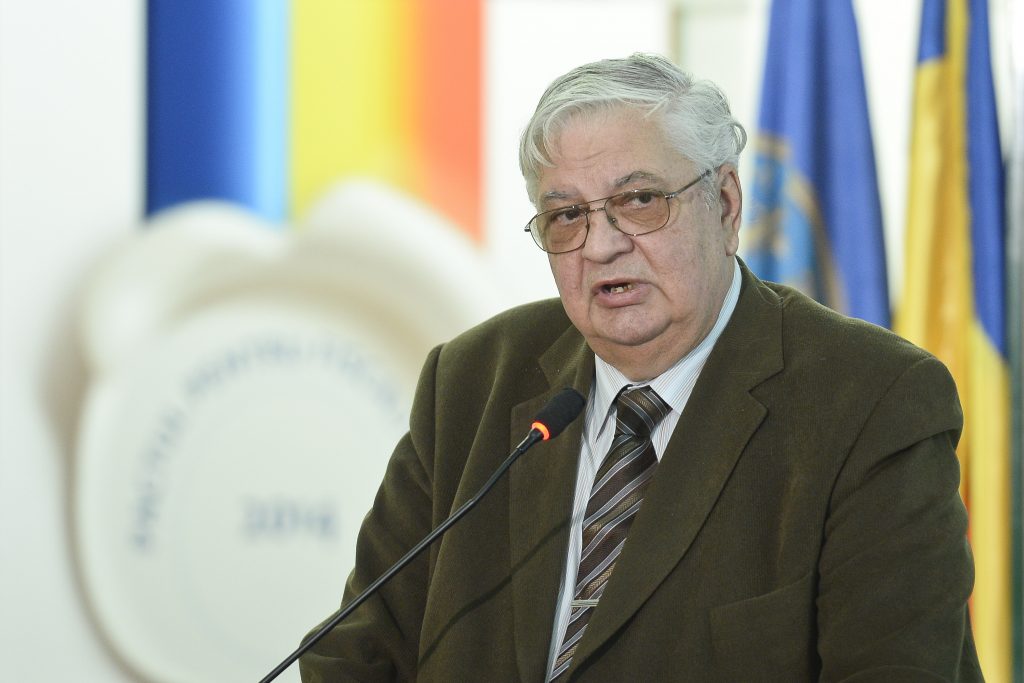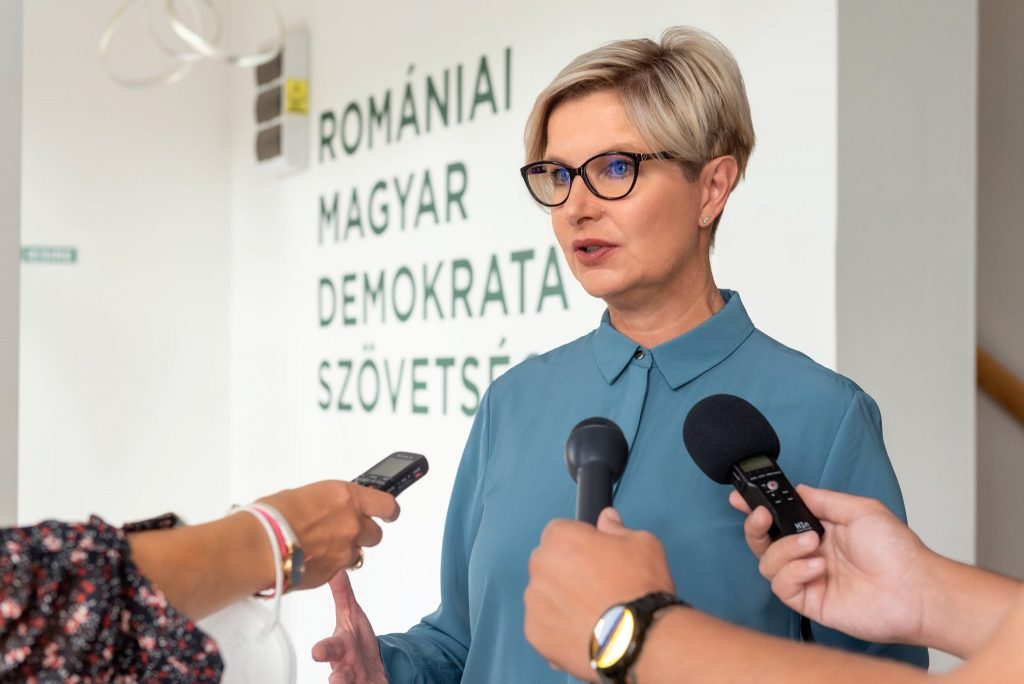The Social Democratic Party (PSD) submitted a motion of no confidence against the liberal government this week. The motion, entitled “PNL Government – from pandemic to generalized bribery,” was signed by 205 senators and MPs and should be read on Thursday at noon at a joint session of the Senate and the Chamber of Deputies. According to the initiators, the ruling National Liberal Party violated all rules imposed on the public to stop the spread of the novel coronavirus pandemic, the rules adopted by them. The PSD believes that “members of the government have irretrievably lost their credibility for the way they have managed the pandemic.” However, according to professor Mircea Coşea, this motion of no confidence will have several serious consequences.
“A motion of no confidence is not welcomed at this moment. I can’t find any reason for it, as, from a political point of view, we are facing elections, which will last, more or less, several months. So there will be a possible change of power in the parliament, there will be elections. I don’t see why they should plan a political action to overthrow the government now because the effect will be zero. It will be a transitional government, a government which will work for 45 days, maybe more. Things won’t change,” economic expert Mircea Coşea told ziare.ro.
The Romanian economy cannot carry the 40 percent increase in pensions
According to the professor, if the motion of no confidence passes, the interim government will rule until September 1 and will be forced to accept the bill ordering the 40 percent increase in pensions, as it won’t be able to adopt emergency ordinances to stop it. “This is an extremely dangerous robbery,” the professor said, adding that the PSD’s program from a few years ago, which promised this increase in pensions, was an unfortunate electoral and political adventure.
“No matter the economic growth, or if there would not have been a pandemic, the Romanian economy, due to its structure, cannot support such an increase over the medium or long term. Of course, there will be voices in the PSD saying that we will take some money from here or there, or let’s take some from the other part; but these are crumbs in the budget and will only cover the 40 percent increase in pensions for several months,” the expert explained.

Mircea Coşea thinks that to be able to carry such a large financial burden, the Romanian economy needs growth and value-added benefit. “Our economy cannot achieve this, as it is a poorly developed economy compared to the rest of Europe. (…) We are constantly told that in Europe a larger percentage of GDP is spent on pensions. Yes, but such comparisons are not correct because the GDP and the ability to create added value, as well as the ratio between labor and pensions, are different. Comparisons, such as we have to reach 13 percent or 18 percent of GDP being spent on pension, are not welcome,” Coşea explained. As the experts said, the Romanian economy has a manufacturing-based structure, meaning that Romania makes products, but does not design or research them. Because of this, the economy cannot support such an increase in pensions.
Coşea also pointed out that an increase in pensions may lead to an even bigger budget deficit, which at the moment is already at 8.6% of GDP. This might have several serious consequences: Romania will become a “junk” rated country, an insecure client, so the loans the country takes out will become more expensive.
This motion might lead to another crisis
Mircea Coşea also criticized the program proposed by the PSD, which had changed several times in the previous 24 hours. The expert thinks that the PSD does not have a vision, does not have a plan to handle the economic crisis, but based its program on incoming EU funds. “I am talking about 80 billion euros that Romania will get in the first half of next year, but which are now blocked in Brussels. So, they will benefit from financing that does not come on the merits of economic policy, but on the merits of belonging to a group as integrative as the EU,” the economic expert said.
Coşea also stressed that this motion of no confidence may result in a new economic crisis because, from a political point of view, Romania is in a crucial moment at this time. “From an economic point of view, it might generate a new crisis, a crisis of public debts because it is clear it will have to take out loans,” he explained.
RMDSZ does not agree with the government, but won’t sign the motion
Csilla Hegedüs, the spokesperson of the Democratic Alliance of Hungarians in Romania, also known by its Hungarian acronym of RMDSZ, told maszol.ro that the Hungarian party is critical of the government’s measures, but this does not mean that it will sign the motion of no confidence.
“We told them (the initiators of the motion of no confidence – ed. note) that we don’t think now is a right time for the motion of no confidence, but we don’t consider it a disaster, as it is a constitutional tool for the opposition, which can be used anytime,” Hegedüs explained.

The spokesperson also told maszol.ro last week that the final decision would be made after the party read the motion. “We don’t know its content, but after the PSD submits it, we can read it and make a decision. I must add that there are reasons to criticize the government, as several decisions have been made in recent days or weeks that are not right, are incoherent. Neither students nor citizens know what to do in the middle of the pandemic,” Hegedüs said.
Attila Cseke, the chairman of the RMDSZ Senate faction, also explained in the Romanian-language program of the French Public Service Radio (RFI) that the RMDSZ does not intend to support the motion of no confidence initiated by the PSD. “We are not making a political issue out of this, but we will consider what is best for the country at that moment. We ourselves have expressed our criticisms about the government, but we do not want to worsen this situation with a government crisis, while no one knows what a turn the epidemic could take in September,” Cseke said.
Tiltle image: 205 senators and MPs signed the motion of no confidence entitled “PNL Government – from pandemic to generalized bribery.” Photo: Parlamentul Romaniei